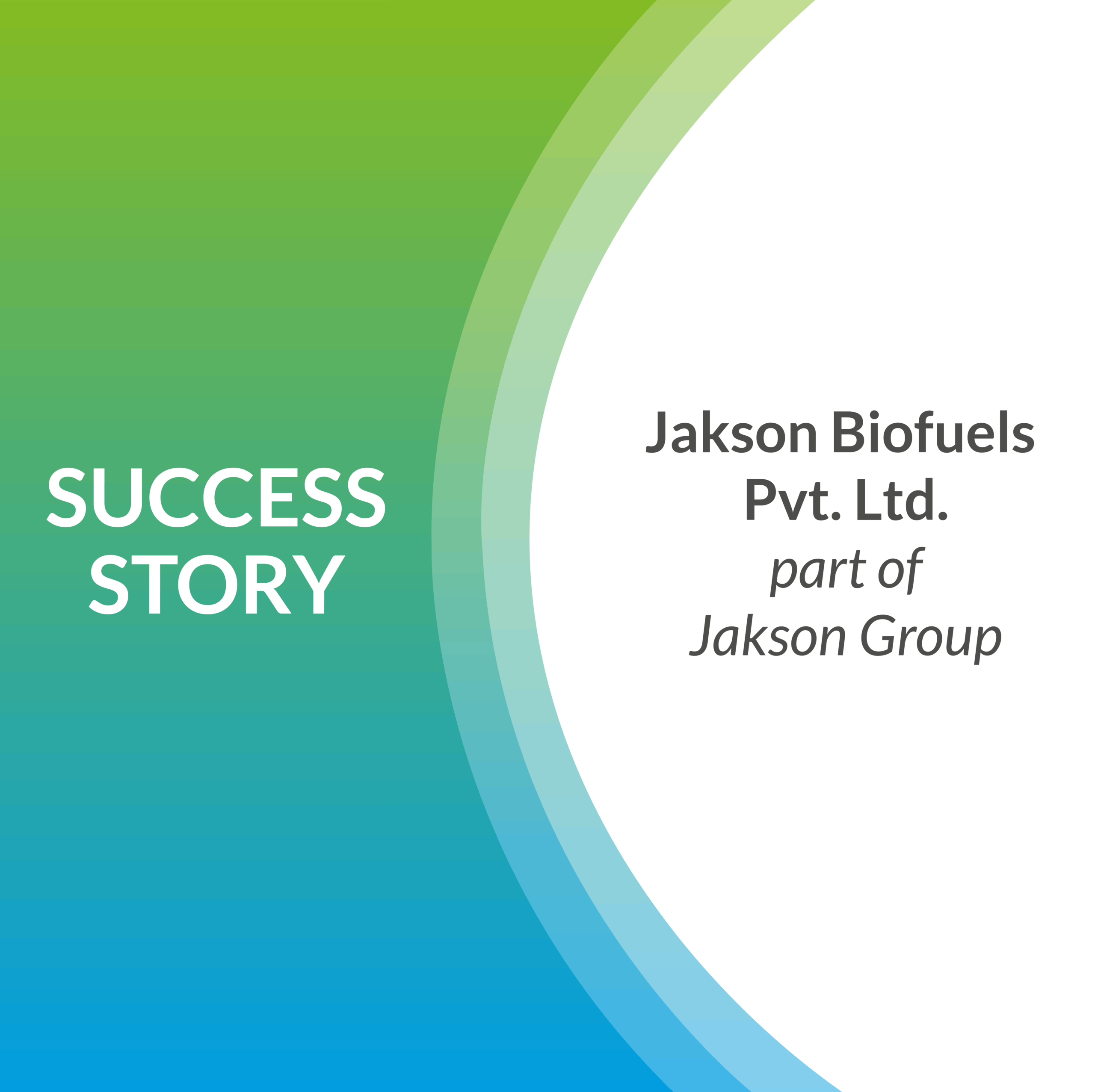As industries are shifting towards more sustainable solutions for all applications, players are seeking alternatives to their current productions. This can be done by either adding a bio-based block to existing processes, replacing current solutions with bio-based alternatives, or creating new bio-based molecules. Microorganism and fermentation process development are pivotal to do so, both demanding highly specialized knowledge, know-how, and facilities. Discover how organizations can seize a competitive advantage and foster innovation by outsourcing microorganism and process development.

Accessing specialized human and material resources in microorganism and process development
Microorganism development and fermentation processes are highly specialized fields that require access to the right resources, both human and material. Access to expert scientists, engineers, and technicians with the necessary skill set is often limited. This challenge is amplified by the rapidly evolving nature of biotechnology where organizations need to stay current with the latest innovations.
In that sense, partnering on microorganism and process development provides access to a network of highly skilled experts, enabling them to tap into the latest advancements. It also allows access to cutting-edge facilities and equipment including high-tech labs, biofoundry, pilot plants, and more. This alleviates the need for heavy capital investments in infrastructure while ensuring optimal conditions for innovation.
Diversifying solutions through partnerships

Other than resources and facilities, outsourcing providers bring a wealth of experience, helping organizations remain at the forefront of innovation. Partnering on those two steps or the full development cycle opens the doors to innovation. Through your partner’s experience, you are granted a look at the bigger picture and provided with consultancy, in addition to scientific and technical expertise. With their critical view of the challenges and possible pathways, outsourcing partners can guide industrials to ensure successful outcomes. Especially when it comes to microorganism development, partnering with specialized players allows access to a greater biodiversity of industrial strains.
Outsourcing microorganism and process development to reduce the time from idea to market
Microorganism development and fermentation process development often involve complex and time-consuming tasks. Developing this expertise in-house can take decades, and gaining it through acquisitions can take years, but relying on a partner renders it (almost) directly accessible. Thus, outsourcing these activities reduces the time from idea to market. This acceleration of the product development cycle increases companies’ competitiveness in addressing changing market demands and emerging trends.
Partnering also guarantees a smoother process, with the IP and legal counsel being provided to guarantee freedom to operate, and the regulatory support when required to enable market access.
Mitigating risks for innovation
Innovation inherently carries risks, but outsourcing microorganism development and fermentation process development can help mitigate some of these. Partners that have an industrial experience and expertise can ensure the developed microorganisms and processes are relevant at industrial scale. They also have established protocols for quality control and regulatory compliance, ensuring that your projects meet industry standards and requirements.
A flexible outsourcing model also reduces the risk of failure through various milestones: feasibility studies, POCs, validations of scale-up etc.

Innovation plays a key role in today’s industrial landscape. Outsourcing microorganism and fermentation process development can be a strategic move to foster innovation within your organization. By tapping into specialized expertise, accelerating development cycles, and mitigating risks, companies can efficiently bring innovations to market. Ultimately, coupling your core expertise to an outsourcing provider’s expertise in fermentation will ensure that you remain competitive when facing evolving demands from your market.







